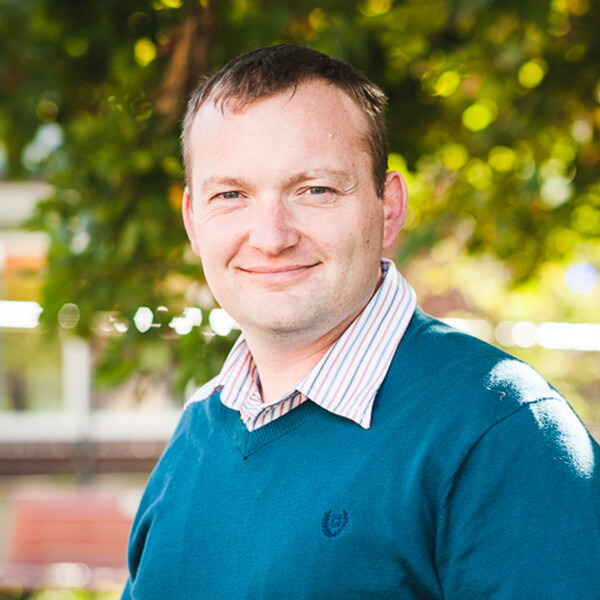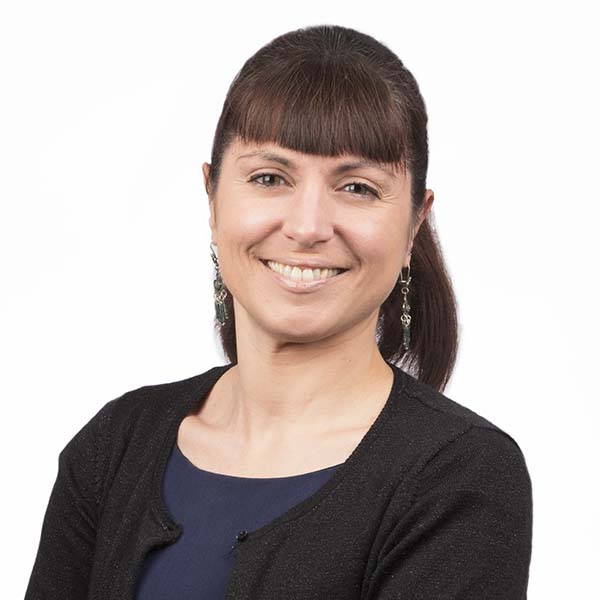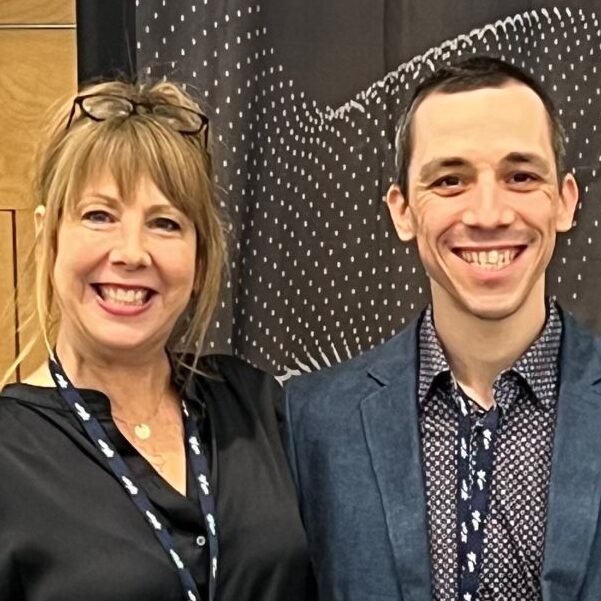Pôle bioalimentaire
PÔLE BIOALIMENTAIRE
To make sure you don’t miss out on any of the Pôle bioalimentaire’s activities and advances, sign up for our newsletter today !
Facilitating the transition to sustainable and resilient food systems
“Joining forces to drive innovation in sustainable food”.
This major initiative will be developed through a cross-functional and systemic approach to the issues facing the sector in Quebec. All levels of the industry will be addressed, from food production to consumption, through cross-sectoral activities carried out in collaboration with local partners.
Missions
The Pôle bioalimentaire represents a research and innovation lever that combines intersectorality and internationalization to bring out solutions aimed at accelerating the transition to sustainable and resilient food systems.
Financially supported by the Fonds de recherche du Québec-Nature et technologies (FRQNT), this cluster is unique, both in its design and in the innovative research, training and knowledge mobilization activities it offers. Bringing together the driving forces of various strategic groups in Quebec, the Pôle’s objective is to develop concrete responses to a range of issues facing today’s food systems, such as :
- Adapting to climate change,
- Preserving biodiversity,
- Limiting food loss and waste,
- Mitigating labor problems,
- Increasing food self-sufficiency.
The cluster’s activities will enable its scientific members – researchers, professionals and students alike – to team up with the user community of the biofood ecosystem, enabling innovative, concrete projects with strong socio-economic and environmental spin-offs. Artificial intelligence, the circular economy and the development of localized food systems are just a few examples of the tools that will be put to good use.
The Pôle will also be focusing on an international mission with up-and-coming students to take stock of current knowledge and document best practices in sustainable food on an international scale.
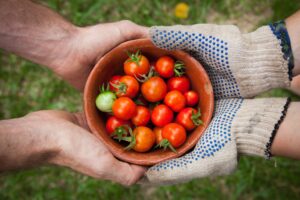
Board of Directors
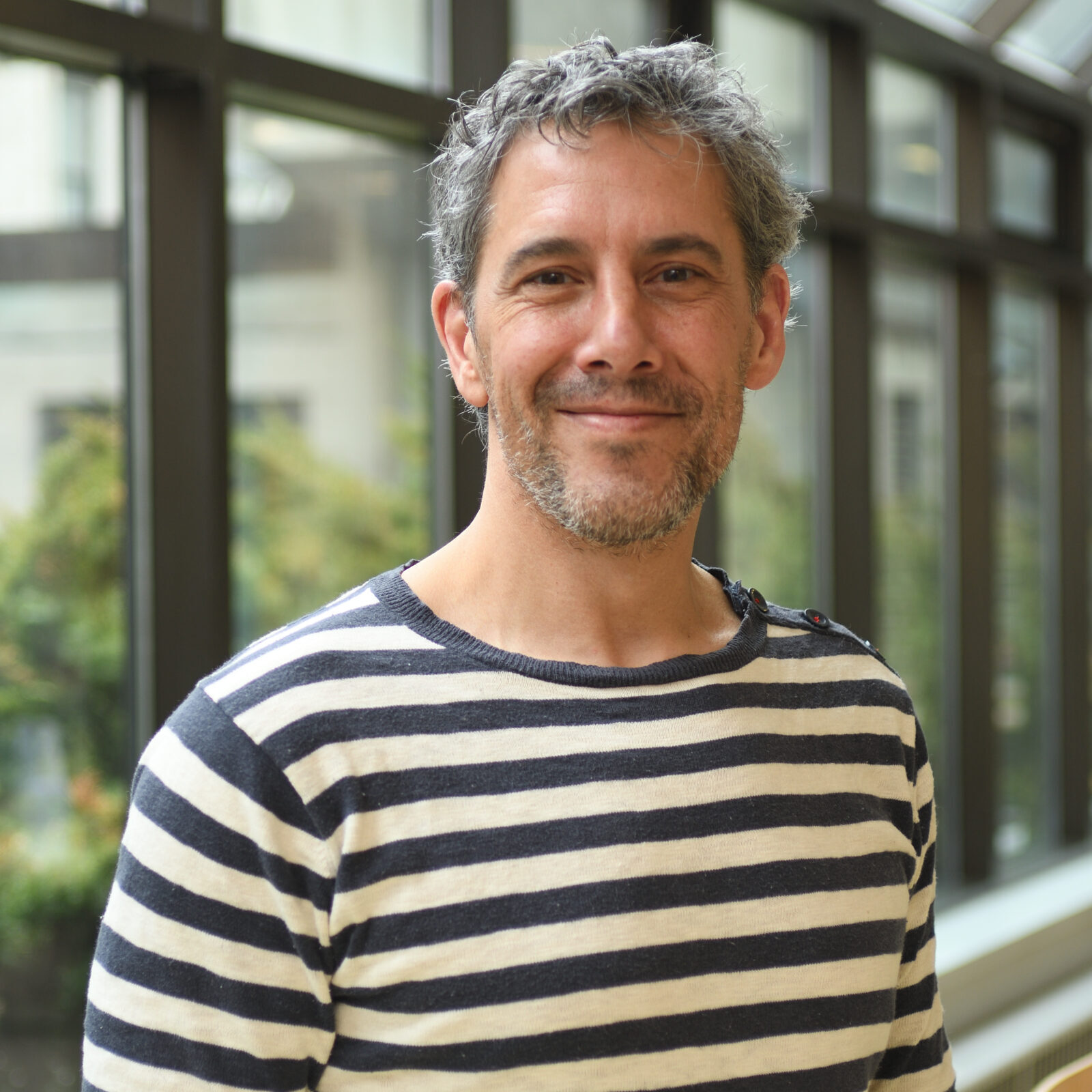
Normandin
Daniel
Professor of Veterinary EpidemiologyCERIEC | Centre d’études et de recherches intersectorielles en économie circulaire
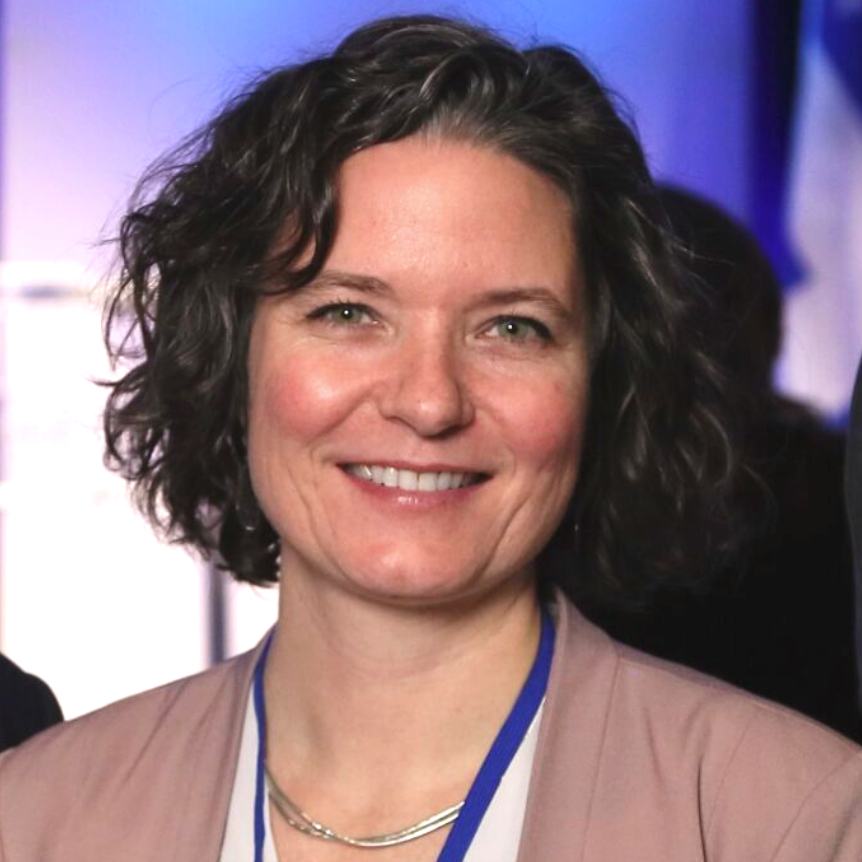
De Marcellis-Warin
Nathalie
Artificial intelligence specialistCIRANO

Lesage
Michel
DirectorRéseau des CCTT

De Marcellis-Warin
Nathalie
President and General ManagerCIRANO

Maccario
Sophie
Team manager - climate change adaptation science coordinationOuranos
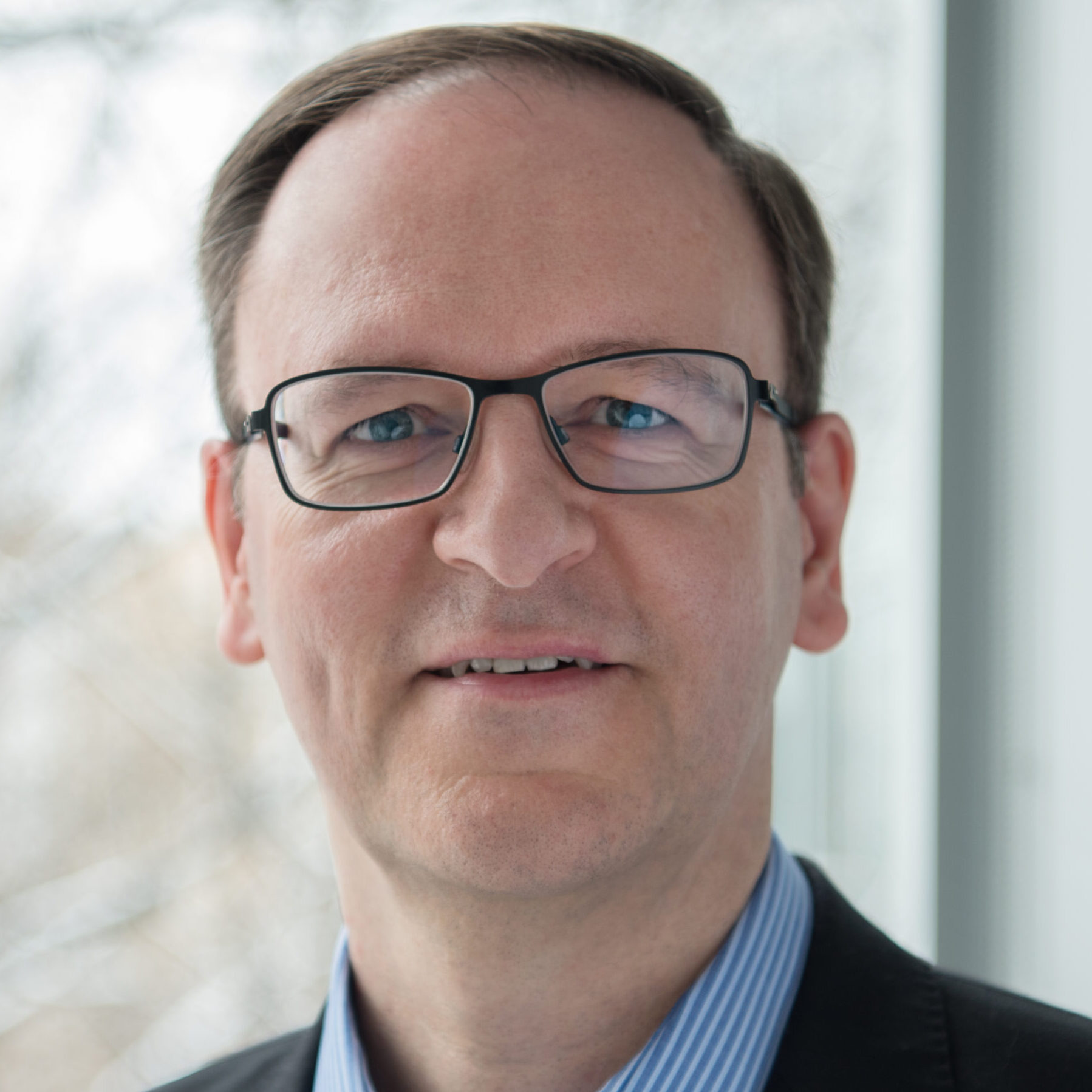
Bahn
Olivier
DirectorGroupe d’Études et de Recherche en Analyse des Décisions (GERAD)
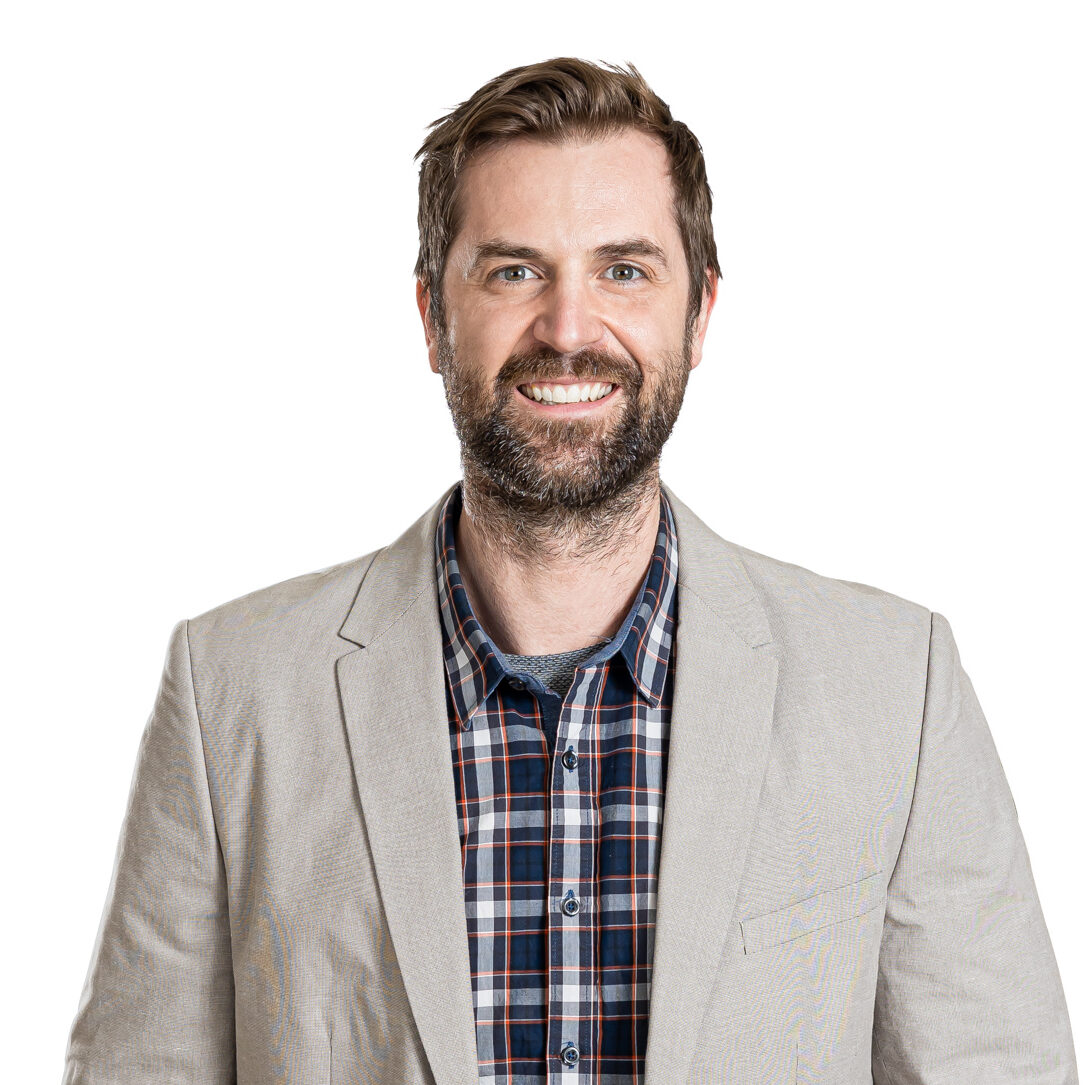
Martel
Jean-David
DirectorCentre d’innovation sociale en agriculture (CISA) affiliated to Cégep de Victoriaville
Scientific committee

BAHN
Olivier
DirectorGroupe d’Études et de Recherche en Analyse des Décisions (GERAD)
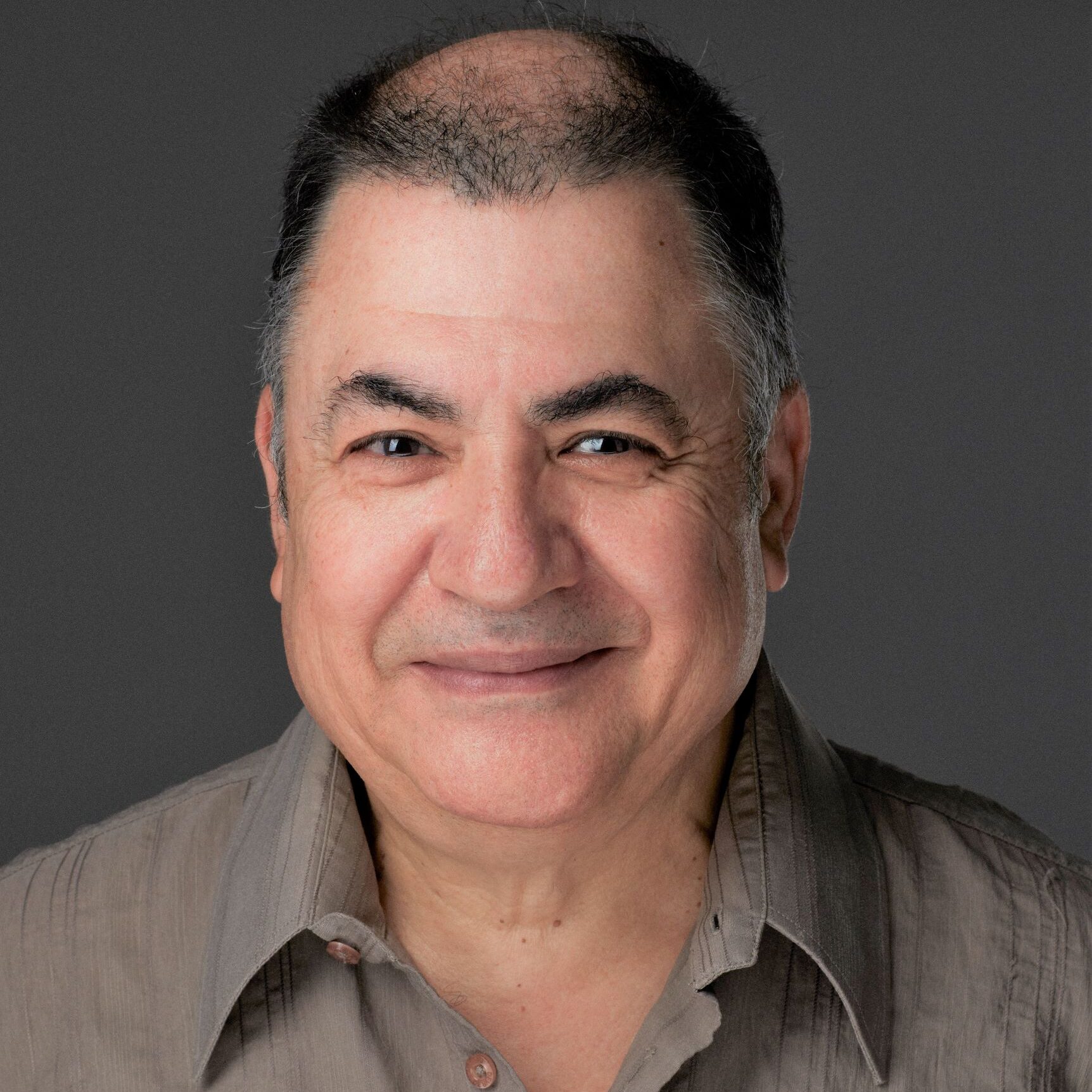
BOUKADOUM
Mounir
DirectorReSMiQ
Axes and projects
The Biofood Cluster supports strategic pilot projects involving multidisciplinary teams.
To provide a framework for the development of these interdisciplinary, cross-sector and cross-order teams, 3 axes have been identified, along with 7 cross-functional projects:
AXES :
- No1: Sustainable production systems
- No2: Sustainable transformation systems
- N03: Sustainable consumption
WORKSHOPS :
- No1 : Quality and acceptability of the food supply
- No2: Food transition
- No3: Localized food systems
- No4: Decarbonation and adaptation to climate change
- No5: Circular economy and fight against food waste
- No6: Supporting supply chain competitiveness
- No7: Inclusion, social acceptability and combating misinformation
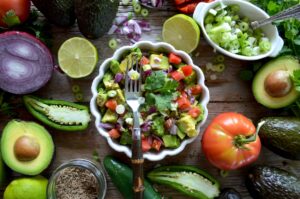
Affiliated members
Find the best people to make your projects a success
With the aim of developing teams made up of different specialties and locations, we will shortly be making available to you the different profiles of the researchers taking part in the Pôle bioalimentaire, including their fields of expertise.
In the meantime, we invite you to get in touch with our coordinator, Marie-Ève Bernier, who will be able to help you find the right profiles for your team, as well as plan future meetings.
Consult listCall for projects
We invite you to consult the various projects open to you, and to contact the person in charge if you are interested.
"Climate adaptation and food quality" joint call for projects : FINISHED

FINISHED:
Proposals are currently being evaluated. Successful projects will be announced in early summer.
The fruit of collaboration between Ouranos and the Pôle bioalimentaire, and financially supported by the Quebec government and the Fonds de recherche du Québec, the joint call for projects “Climate Adaptation and Food Quality” is open to all researchers. Certain conditions apply to the composition of research teams and the relevance of projects submitted.
To read all the information and access the mandatory application files, we invite you to continue to the dedicated web page.
Objectives :
1 -Develop knowledge on the impacts of climate change on the nutritional, sensory and safety quality of food.
2 – Study the consequences of these impacts on one or more players in the food processing and distribution industries, as well as on Quebec consumers.
3 – Propose solutions to adapt to the impacts and consequences identified.
4 – On the basis of the results obtained, formulate recommendations to further develop knowledge or to promote the appropriation of knowledge by the players in the food systems concerned.
Date to remember :
– Application deadline: May 1, 2024, 12:00 noon
Call for projects "New Teams" : FINISHED

FINISHED: Discover the selected teams:
- Team 1: Developing sheep to their full potential – Geneviève Brisson, Simon Dufour, Mary Richardson, Mario Handfield, Julie Arsenault, Sébastien Buczinski & Stéphane Godbout
This project will explore ways of adding value to beef sheep beyond their current uses, which focus mainly on meat and – to a lesser extent – milk. However, fleece, skin, lanolin, giblets and hooves are useful parts used in other countries. Based on a pilot area and a participatory approach, the project aims to lay the foundations for a more substantial funding application in line with the current trajectory of use and the challenges of valorization. - Team 2: Benefits of co-culture on small-scale Quebec aquaculture operations – Lucie Beaulieu, Fanny Noisette, Laure Saulais & Éric Tamigneaux
The world’s growing population and demand for healthy food have spurred the development of sustainable aquaculture, a fast-growing agri-food sector worldwide. The co-culture of macroalgae and mollusks aims to optimize their simultaneous production by using the waste or co-products of one species to benefit the other. Aquaculture sites in Quebec will be studied in terms of yield and quality improvements in co-cultured production. The perception of co-culture by consumers and the ways in which it can be valorized will also be explored from a marketing perspective. - Team 3: Transformative justice and inclusion: Towards equitable territorial food systems in Quebec – Laurence Guillaumie & Manon Niquette
Territorialized food systems (TFS) face challenges of equity, diversity and inclusion, which particularly affect racialized, immigrant and aboriginal people, as well as temporary foreign workers. These issues can impede access to adequate food and services, threatening cultural identity. Theories of transformative justice (such as decolonial, anti-racist and feminist approaches) are little used by THS. This project aims to document them and explore inclusive initiatives to be implemented in THS. - Team 4: Leaf biomass as an emerging source of bioactive peptides for food production, preservation and quality improvement – Tagnon Missihoun, Laurent Bazinet & Monique Lacroix
The proposed research will involve the bioprospecting and isolation of bioactive peptide fractions from leaf plant protein hydrolysates. The peptide fractions will be tested for their antimicrobial, antioxidant, phytoprotective, growth-promoting and antigerminative activities, which are important in the sustainable production and processing of foods, fruits and vegetables. The project will also provide a proof of concept for the valorization of residual leaf biomass from vegetable crops and greenhouses in a circular economy context. - Team 5: Pulsed light applications in the food industry – climacteric products – Julie Jean & Arturo Duarte Sierra
Food waste and food-borne illness are major global problems, which are also evident in Quebec and Canada. Extending product shelf life and controlling pathogens are key strategies used in the food industry to reduce this burden. Unfortunately, not all traditional methods, such as heat treatment, can be applied to ready-to-eat foods, such as climacteric fruits, which continue to ripen after harvest. Our project will investigate the potential of pulsed light technology, consisting of high-intensity light flashes, to control microorganisms, ripening and extend the shelf life of climacteric fruit. Ultimately, we will propose a new tool for the food industry. - Team 6: Robot manipulator and controlled-force gripper adapted to the pork value chain – Philippe Cardou, Linda Saucier & Clément Gosselin
Labor shortages are making industrial robots increasingly relevant for automating certain operations, both in production and in agri-food processing. However, cleaning and disinfecting current robots with sleeves is difficult and hinders their adoption. To solve this problem, it is proposed to redesign these robots to sequester their electrical components and make their mechanical components easy to clean and disinfect. The example of a robotic cell handling pork parts is used to validate the proposed approach and demonstrate its effectiveness in sanitizing them. - Team 7: Cultivating the future: Towards controlled, sustainable agriculture in greenhouses and buildings – A cross-sector, multidimensional study – Olivier Bahn, Martine Dorais, Laurence Guillaumie, Didier Haillot & Danielle Monfet
In response to rising GHG emissions from agriculture, we propose an innovative approach to decarbonizing the agricultural sector, “through controlled and sustainable agriculture in greenhouses and buildings”. The initiative is based on a detailed energy analysis, a macro-economic study using the Energy-Technology-Environment Model (ETEM), and a sociological analysis to identify obstacles and levers. By combining these approaches, we aim to develop effective strategies for sustainable and resilient agriculture in Quebec. - Team 8: Design and implementation of an electronic nose and artificial intelligence for monitoring the maturity and quality of yellow onions and market garden produce in Quebec – Christophe Cordella, Arturo Duarte Sierra, Martine Dorais & Rani Ramachandran
This project aims to develop an electronic nose for monitoring the ripening of onions, and more broadly of fresh produce, representing a major advance in digital agriculture in Quebec. This innovative technology enables precise, non-invasive quality assessment, optimizing harvests, reducing waste and guaranteeing product freshness. The integration of artificial intelligence provides real-time analysis, transforming crop management. - Team 9: Investigating the link between endocrine disruptors, endocannabinoid and microbiome profiles with the occurrence of metabolic disorders in breastfeeding mother-infant pairs – Lekha Sleno, Julie Robitaille, Vincenzo Di Marzo, Frédéric Raymond
Endocrine disruptors can affect the gut microbiome and endocannabinoid profile, two systems whose signals control metabolism in the pregnant mother, fetus and infant. We will study the effect of exposure to environmental contaminants with endocrine-disrupting activity on breastfeeding mothers (+/- gestational diabetes), on their endocannabinoid and microbiota profiles, as well as those of their infants. For exclusively breast-fed infants, their diet is highly dependent on their mother’s exposome. By combining a wide variety of blood, fecal and dairy profiles, we will have a unique opportunity to study this phenomenon.
Find out more about the initial call for projects
This call for pilot projects by the Pôle Bioalimentaire is designed to initiate and stimulate new research partnerships between the Pôle Bioalimentaire’s co-researchers and members (COCC) on subjects that fit into the various axes and projects.
Objectives
- Generate preliminary data or convincing results based on innovative concepts, in line with the Biofood Cluster’s areas of focus and projects, with a view to the transition to sustainable food systems;
- Initiate and stimulate new collaborations between COCC members of the Biofood Cluster in the areas and projects covered by the Cluster;
- Foster collaborations between COCC members working in different disciplines/sectors and strategic clusters (RS) (members of universities and colleges);
- Have the potential to forge partnerships with local organizations to meet concrete needs.
Eligibility criteria
- The project must be led by a regular COCC member of the Pôle Bioalimentaire;
- Apart from the regular COCC member, the project must include at least one other COCC member from another RS. The project team must therefore include at least two Pôle COCC members from 2 RS. The team of 2 Pôle COCC members may also include research members from Québec SRs whose complementary expertise is needed to carry out the project. In order to comply with FRQNT rules, these research members will become COCC members of the Pôle. Information sheets on the names, affiliations and keywords describing the research activities and expertise of the Pôle Bioalimentaire’s COCC members are available by clicking on the following link.
- The research carried out by the COCC members of the project team must fall within the scope of at least two of the cluster’s three axes. A project in which all three areas are represented is an asset;
- The proposed project must fit in with one of the cluster’s seven projects;
- The inclusion of one or more community partners is not mandatory, but is an asset;
- The inclusion of an international collaboration is permitted. The transfer of funds to the international establishment is not permitted.
Presentation of requests
Applications must include all the following information :
- The title of the project, the team members, their institutional affiliation and their complementary expertise/research program;
- A short summary of the project (to be published on the Pôle tab) (max. 6 lines);
- A description of the project (context, issues, objective(s), methodology and timetable) (max. 2 pages);
- Relevance of the project in relation to the Cluster’s axes and projects, and the expected spin-offs in terms of advancing knowledge and meeting a need expressed by the community (provide the name and contact details of one or more potential partners from the user community) (max. 1 page);
- A detailed budget and breakdown of funds for each COCC member (max. 1 page);
Evaluation of requests
Evaluation procedure
Eligible applications will be forwarded to an evaluation committee made up of COCC members of the Cluster who have not submitted a project to this competition. The evaluation committee’s recommendations will be submitted to the cluster’s scientific committee, which will make the funding decisions. The four evaluation criteria listed below will be assessed. For a project to be accepted, a minimum score of 80% must be achieved.
Evaluation criteria
- Team quality (complementarity of research expertise) and pooling of resources (30 pts);
- Scientific relevance to the Cluster’s priorities and projects (20 pts);
- Societal relevance of proposed research (20 pts)
- Potential benefits for the advancement of knowledge and for the user community (20 pts);
- Project feasibility (objective(s), methodology, schedule and budget) (10 pts).
Type of financial support
- Maximum funding per project is $30,000.
- Eligible expenses include laboratory supplies, analytical costs, salaries and scholarships (students, research professionals, trainees), as well as inter-laboratory and partner travel expenses for team members.
- Funding is granted for a period of 12 months and is non-renewable.
News
Find below all the latest news from the Pôle bioalimentaire
The Pôle bioalimentaire cluster is booming!


june 27, 2024
The Pôle bioalimentaire is proud to announce the addition of new members since February 2023, to its community. Their addition will, among other things, bring different specialties, fields of expertise and locations to propel innovation in sustainable food.
The thirteen new researchers are listed below:
- Esma Ines Achouri, Université de Sherbrooke
- Vincenzo Di Marzo, INAF, Université Laval
- Arturo Duarte Sierra, INAF, Centre SÈVE, Université Laval
- Rachel Gervais, STELA, INAF, Université Laval
- Julie Jean, INAF, Université Laval
- Frédéric Raymond, Centre NUTRISS, INAF, Université Laval
- Julie Robitaille, Centre NUTRISS, INAF, Université Laval
- Lekha Sleno, Université du Québec à Montréal
- Laurence Guillaumie, Centre NUTRISS, INAF, Université Laval
- Amine Miled, ReSMiQ, Université Laval
- Fanny Noisette, Université du Québec à Rimouski
- Stéphane Bayen, INAF, McGill University
- Armelle Lorcy, INAF, Cégep de Victoriaville
The Pôle bioalimentaire represents a research and innovation lever that combines intersectorality and internationalization to bring out solutions aimed at accelerating the transition to sustainable and resilient food systems.
To find out more about the Pôle bioalimentaire and access the complete list of research members, click here.
Véronic Laliberté appointed to the Pôle bioalimentaire Steering Committee


june 11, 2024
The members of the Pôle de recherche et d’innovation en bioalimentaire Steering Committee are delighted to welcome a new member to their Committee. Véronic Laliberté is Regional Vice-President, Corporate Finance and Major Accounts for Quebec and Atlantic Canada, at Farm Credit Canada (FCC-FCA).
With her extensive knowledge of the bio-food sector and the needs of producers and processors, Ms. Laliberté will bring undeniable added value to the Pôle Steering Committee. Congratulations and welcome Véronic!
About the Pôle
The Pôle de recherche et d’innovation en bioalimentaire is a strategic lever financed and propelled by the Fonds de recherche Québec – Nature et technologies to identify concrete solutions to the economic, social and environmental challenges of building resilient, sustainable food systems. The Pôle brings together scientists from various backgrounds belonging to FRQNT and FRQSC strategic clusters and research networks, as well as a number of stakeholders from the bio-food sector. INAF, a proud member of the FRQNT’s strategic group, leads the Pôle’s activities.
About Véronic Laliberté
A graduate in agro-economics from McGill University, Véronic Laliberté also holds an MBA in agri-food management from Université Laval. Having grown up on a dairy and maple syrup farm, she has always taken the agricultural and agrifood sector to heart. She has been involved in financing for nearly 25 years, supporting entrepreneurs in their growth projects, both at the commercial and corporate financing levels. For the past 3 years, she has supported a team of directors dedicated to the agri-food industry as Regional Vice-President, Corporate Finance and Major Accounts for Quebec and Atlantic Canada, at Farm Credit Canada (FCC-FCA).
Resource
Our coordinator, Jennifer Larouche, is on hand to support you in your research projects at the Pôle bioalimentaire. She coordinates projects, promotes industrial and academic partnerships, and pilots innovative initiatives in circular economy and sustainable food.
She ensures that the cluster’s strategic objectives are met. Please do not hesitate to contact her for any assistance or to find out more about collaboration opportunities.
Our coordinator, Marie-Ève Bernier, is available to help you launch projects within the Pôle bioalimentaire.
She’ll help you find the right people to form your teams, as well as assist you with the steps involved in launching and maintaining your research projects. She’s a real asset to your organization. Don’t hesitate to contact her.
Our Communications Manager, Simon Tremblay, is your essential asset for all aspects of communication, outreach and event organization for your research projects. His expertise and dedication will ensure your visibility.

Larouche
Jennifer
Coordinator
Tremblay
Simon
Communications Manager
CONTACT
If you have any queries, please do not hesitate to contact us. We’ll get back to you as soon as possible.


